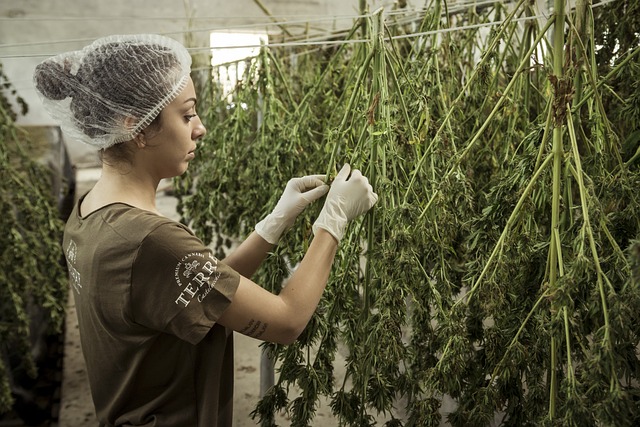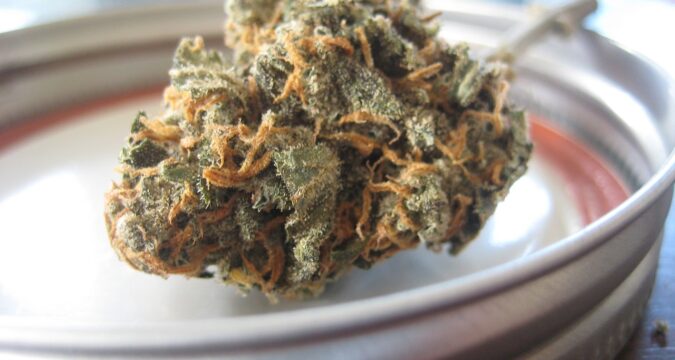Tag: cannabis
Cannabis and Mental Health: A Closer Look at Its Impact on Anxiety and Depression
The relationship between cannabis and mental health is a topic that has garnered significant attention in recent years. With the growing acceptance of cannabis for medical and recreational use, there’s a heightened interest in understanding its potential impact on mental health, particularly in relation to conditions like anxiety and depression. You can try jolly rancher gummies, but keep reading to learn more about the current research on cannabis and mental health. In this article, we will take a closer look at how cannabis affects these mental health aspects, shedding light on the potential benefits and considerations.
Cannabis and Mental Health: An Evolving Conversation
The use of cannabis for various purposes, including relaxation and stress relief, is not a new concept. However, the scientific exploration of its impact on mental health is still in its early stages. Anxiety and depression are among the most prevalent mental health conditions worldwide, and understanding how cannabis interacts with these conditions is a complex matter. While some studies suggest that cannabis may offer benefits for managing anxiety and depression, other research points to potential risks and concerns.
Cannabis and Anxiety
Anxiety disorders are characterized by excessive worry, fear, and uneasiness. Some people turn to cannabis to alleviate anxiety symptoms, and it can indeed offer relief for some individuals. The primary compound responsible for these effects is cannabidiol (CBD), a non-psychoactive cannabinoid found in cannabis. CBD appears to have anxiolytic (anxiety-reducing) properties by interacting with the endocannabinoid system in the body. It can promote a sense of relaxation without the “high” associated with tetrahydrocannabinol (THC), another prominent cannabinoid. However, it’s important to note that the relationship between cannabis and anxiety is not one-size-fits-all. While some individuals experience relief, others may find that cannabis exacerbates their anxiety. Factors such as the specific cannabis strain, dosage, and individual response play a significant role.

Cannabis and Depression
Depression is a complex mental health condition, and the relationship between cannabis and depression is similarly intricate. Some people report mood improvement and temporary relief from depressive symptoms after consuming cannabis. THC, the psychoactive compound in cannabis, is believed to contribute to feelings of euphoria and relaxation. This may explain why some individuals with depression find temporary relief through THC consumption. However, it’s crucial to recognize that the effects of THC can vary widely among individuals. While some experience mood improvement, others may encounter heightened anxiety, paranoia, or even worsened depressive symptoms.
In Conclusion
The relationship between cannabis and mental health, specifically in terms of anxiety and depression, is an evolving field of study. While some individuals may find relief from these conditions through cannabis use, the effects can be highly individual and complex. Responsible use, under the guidance of a healthcare professional, is recommended for those considering cannabis as a potential tool for managing anxiety and depression. As our understanding of cannabis and mental health grows, it will help us make more informed choices and provide better support to those seeking relief from these conditions.





